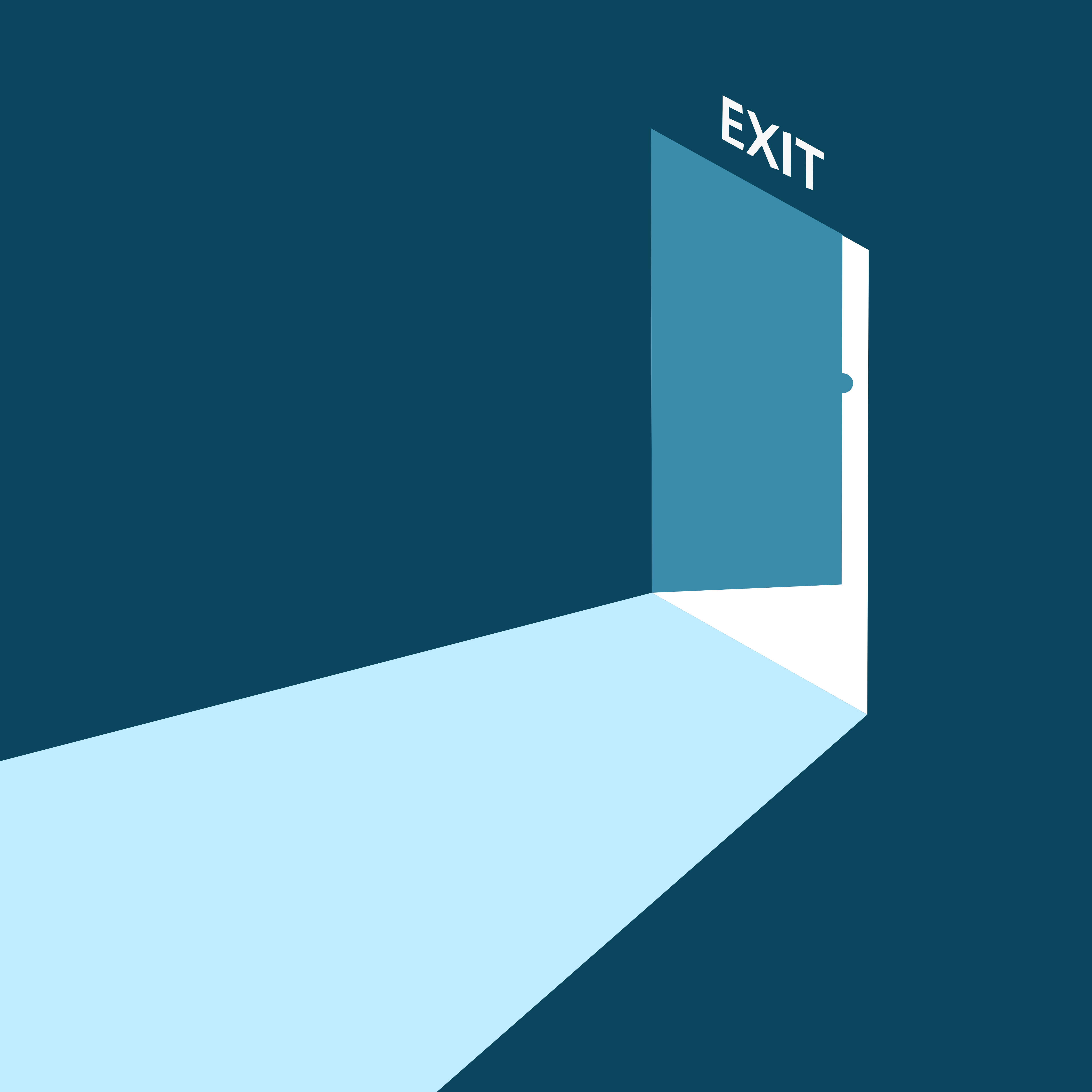THERE ARE NO WORDS. . .
we say
and then. . .
All we do is use
w O r D s
to say
THERE ARE NO WORDS. . .
We’re walking
talking
DICTIONARIES
not so much looking for definitions
as for real, living
M e A n I n G s
and dare we try
GIVING THEM
Wait. . What. . . ?
Did we just play
THE OPPOSITE GAME
(or have we never stopped)
















